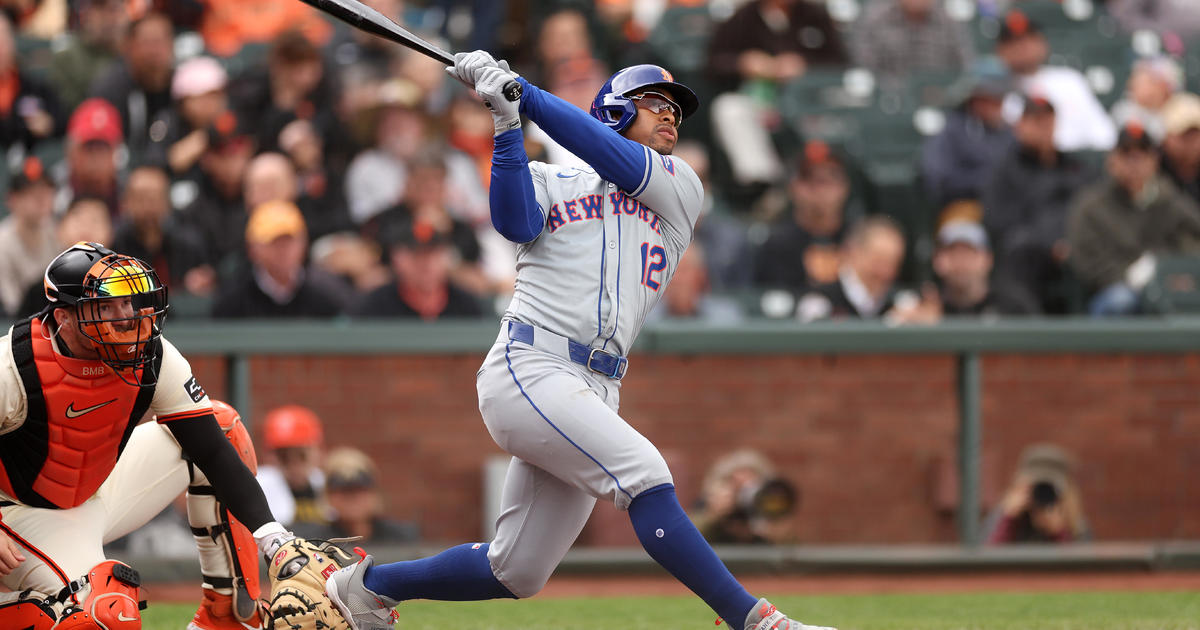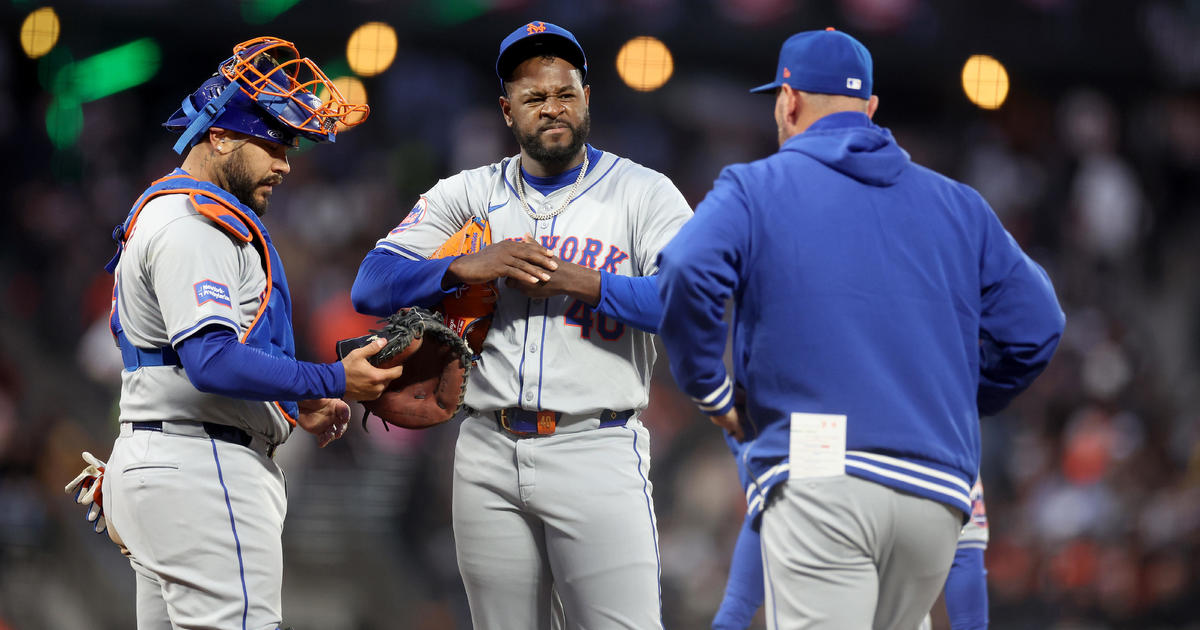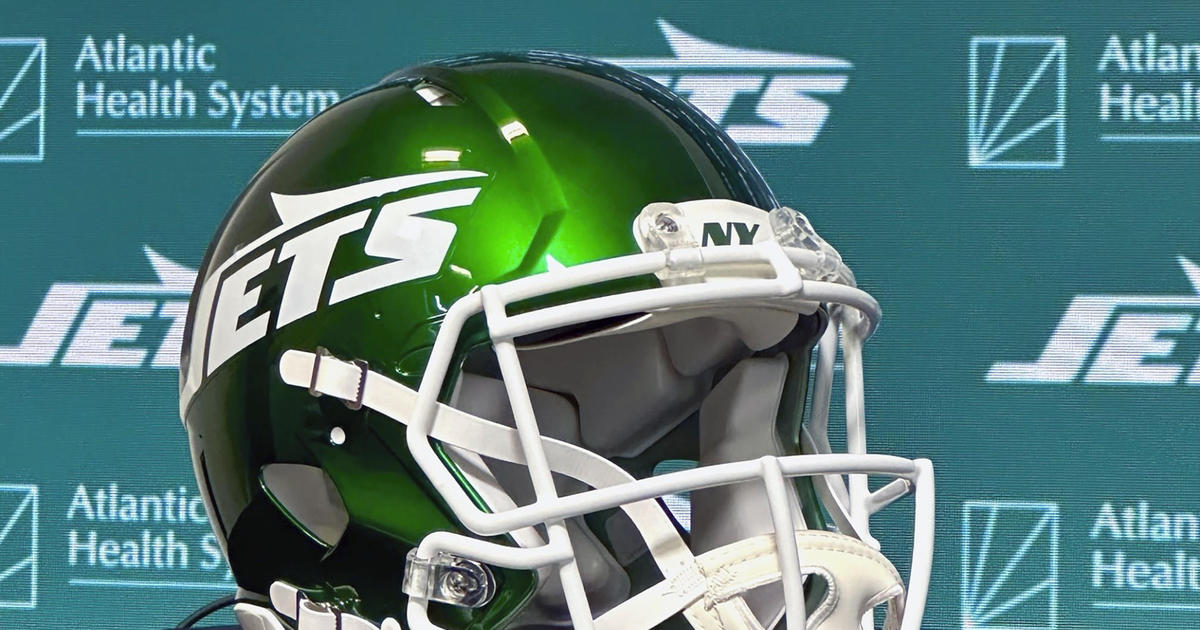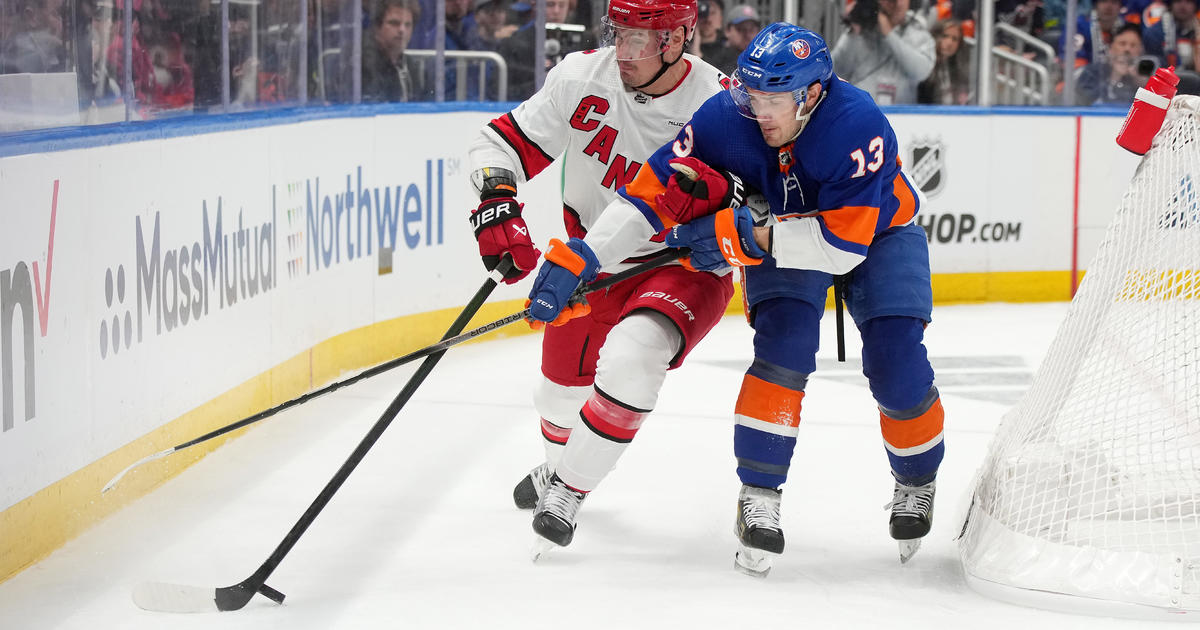Palladino: NFL Gone In 30 Years? Don't Count On It
By Ernie Palladino
» More Ernie Palladino Columns
Where NFL commissioner Roger Goodell and, apparently President Barack Obama, say football is too violent and needs to be cleaned up, players like Ravens safety Bernard Pollard say, "Hey, that's the way the game is played."
Pollard is right to an extent. The violent collisions between very large people, sometimes of the helmet-to-helmet kind, are commonplace in today's game, despite the fines and suspensions that the NFL has instituted as it tries to legislate such hits out of the game. Pollard, of course, is especially sensitive to such things, as his whack to the head and neck area of Patriots receiver Wes Welker two weeks ago earned him a $15,250 fine.
SUPER BOWL COVERAGE: CBS Baltimore | CBS San Francisco
Where Pollard went off the track in a sitdown with CBSSports.com before the Ravens departed for New Orleans was when he claimed that Goodell and his owner/bosses' actions will eventually wipe the NFL from the American map.
"Thirty years from now, I don't think (the NFL) will be in existence," Pollard said. "I could be wrong. It's just my opinion. But I think the direction things are going, where they want to lighten up and they're throwing flags and everything else, there's going to come a point where fans are going to get fed up with it."
Certainly the players are. That's a fact. A recent player poll indicated that 61 percent of them disapprove of the job that Goodell is doing right now. And in truth, he hasn't had a great year. Players are losing a ton of money over hits caused more from momentum than from hatred. And the whole "Bountygate" mess was a blot on his credibility.
But if nothing else, it does appear that Goodell has the players' health in mind. That is why he's trying to make it safer out there. He may be going about it the wrong way, but at least he's trying.
Whatever the case may be, Pollard is wrong about the NFL disappearing because of a lessening of violence. The league will survive all this, even if it does change drastically. We know this because history tells us that football can change its nature, change its culture, change the way players conduct themselves and still survive as a popular sport.
We know this because of the events of more than a century ago in the college ranks. We know because of the change that Teddy Roosevelt forced on the football-playing colleges.
Football of the late-19th and early-20th century was a game beset by violence and even death. In 1905 alone, 18 players died as a result of on-field injuries. Even though only 100 or so colleges played the sport, the death toll grew almost weekly. Even the Harvard-Yale game, football's marquee event at the time, was suspended for two years after a particularly vicious match in 1894.
Voices across America called for the sport's abolition. "Barbaric," they called it, and they weren't far off.
Roosevelt heard it all and, two days after Robert "Tiny" Maxwell was beaten to death in the Penn-Swarthmore game in 1905, he told the presidents of Yale, Harvard and Princeton to clean up the game or shut it down. That meeting prompted others to start thinking about rules changes. In 1906, rules proposals put forth by Penn created the need for a larger governing body with enforcement and punitive powers. We call that body the NCAA today.
The new rules reigned in the violence. Players stopped dying. College football grew immensely in popularity, and it remains so today.
The NFL will also survive. If it doesn't it will be because the league priced itself out of existence, not because of reformed rules. Goodell, for all his efforts to cut down on head injuries, does not want to turn the NFL into a glorified flag football league. But, perhaps more to Pollard's point, he's going about it all wrong. The solutions lie not in fines and suspensions, but in new and safer tackling methods on the grassroots level and different equipment.
An emphasis among coaches to teach shoulder tackling -- taking the head out of the equation -- could make an immediate impact once the players adapt to the new technique. Experimentation with cushioned outer shells for helmets couldn't hurt, either. Certainly the same brains that created the methods to get those big bodies to run 4.4 40-yard dashes can figure out a way to make those same masses collide in a less catastrophic manner while keeping the game exciting and interesting.
Do that, and the NFL can prove Pollard wrong. It can stick around for a long, long time.
Super Bowl XLVII will be broadcast on CBS, with kickoff set for 6:30 p.m. on Sunday.
What does the league need to do to protect player safety AND maintain its explosive edge? Sound off with your thoughts and comments below...



